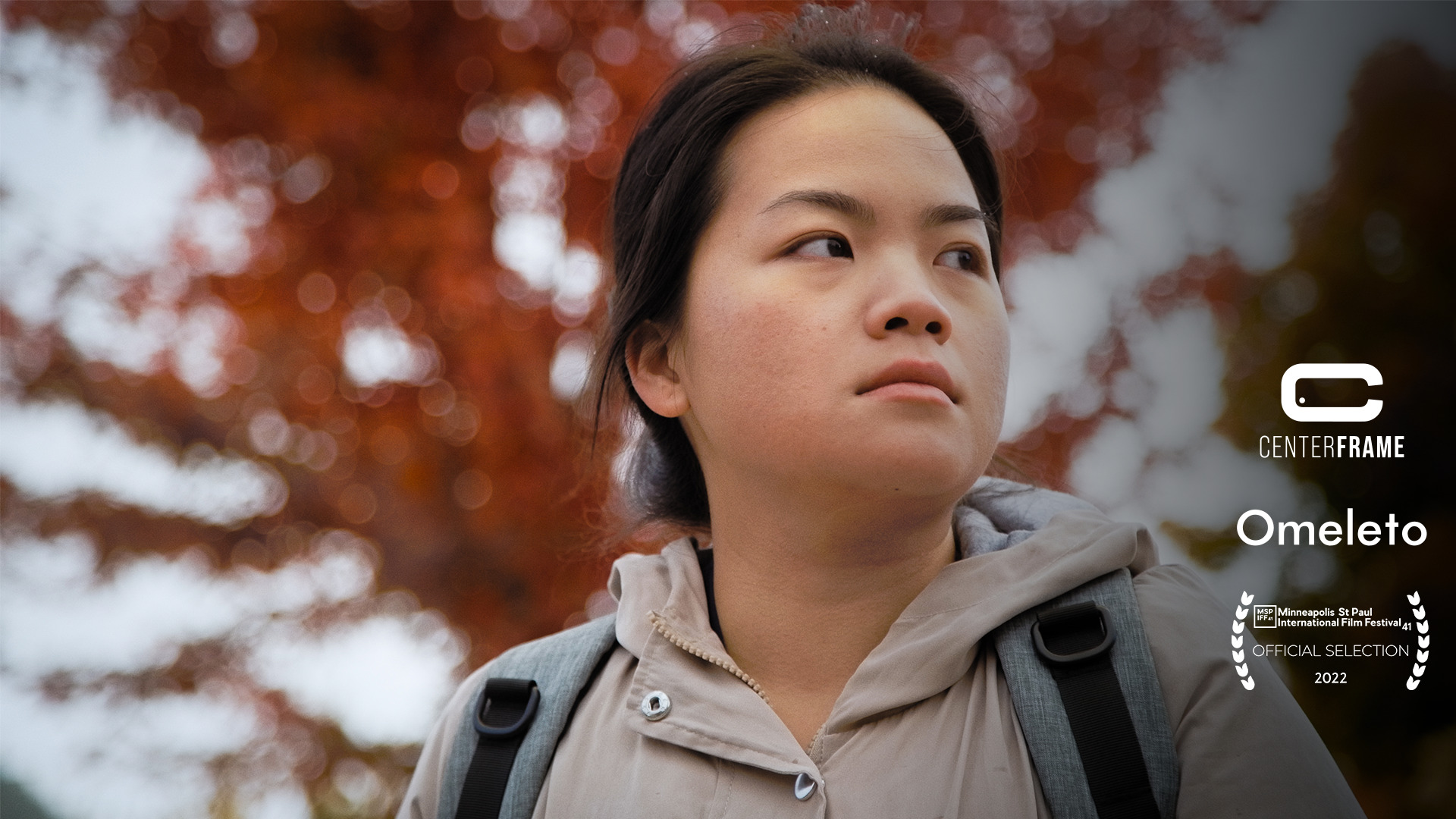Fiction Short Film
Ntxhais (Daughter)
Written & Directed by: Markus Hoeckner
Produced by: Soulens Films
Logline: A young Hmong woman yearning for independence struggles to reconcile leaving her mother.
A Soulens Films and AMH Creative Visuals Production
Made with the support of: The Minnesota State Arts Board Artist Initiative Fun & The Metropolitan Region Arts Council Next Step Fund
Written, Directed, Edited by: Markus Hoeckner
Director of Photography: Aaron Huber
Role as Sheng: Starlight Thao
Role as mother: Chai Yang
Role as patient: Joan Stephan
1st AD: Ben Robertson
1st AC: Christian Calabrese
2nd AC: Alexander Just
Script Supervisor: Amanda Yates
Lighting & Grip: Garrett Wells
Recordist: Jared Elkin
Boom Operator: Cherith Brook
Production Assistant: Logan Chelmo
Hmong Interpreter: Paseuth Vang
ASL Interpreter: Becca Gibson
Post Production Supervisor: Andrew Peterson
Colorist: Aaron Huber
Sound Mixer: Andrew Macht
Special thanks: Soua Thao, Maika Yang, Maydy Xiong, Sherrie Williams, Bethany Whitehead, Gary Stephan
The Minneapolis/St. Paul International Film Festival Official Section 2021
Showcased on Omeleto
Showcased on Centerframe
A young Hmong-American woman lives at home with her mother and a group of nieces and nephews. Her mother works long hours at her job, so her daughter picks up the slack with housework and childcare, balancing those chores with her own job. Her one bright spot in life is her hope to move out into a new apartment with her boyfriend.
When he finds a perfect apartment for them to move into and the dream can become a reality, the daughter must confront her loyalties between her family of origin and her desire for her own life. Written and directed by Markus Hoeckner, this sensitive short drama captures the daily life and rhythms of a young woman who longs to strike out for a life on her own terms but is wrangled into more traditional roles and expectations at home.
Told with a perceptive eye for the unspoken and slice-of-life naturalism, viewers are offered an intimacy into this character’s life and the subterranean yet significant conflict between the life she wants for herself and her obligations to others. What’s remarkable is how the film has no real male character onscreen, but it portrays the daughter’s home life as still very traditional. That sense of tradition is held up by the mother, who expects her daughter to take the brunt of the work at home, even when the daughter alludes to the lack of balance and the absent fathers of the children in the home. The daughter also cares for people as part of her job. She can never get away from the endless toil, with only her phone, texts from her boyfriend and dreams of a place of her own as her outlet.
Actor Starlight Sheng Thao’s subtle yet precise performance captures the increasing toll of the persistent press of caring that pulls at her. She has very little dialogue, but even her muted, stoic demeanor expresses flickers of excitement when she sees pictures of a possible apartment her boyfriend texts her. But she also feels the pull of love, loyalty and perhaps resentment when faced with the reality of her increasingly worn-down mother and the fractious home she has to help care for, making whatever choice the daughter makes especially heartbreaking.
The final scene of “Ntxhais (Daughter)” features the mother and daughter sitting side-by-side and the mother complaining after a long day of work. It especially encapsulates the tangled web of emotions, tradition and values that forms the core of filial piety, a virtue espoused in many Asian cultures, though the film has a universality that makes it very recognizable to anyone who has struggled between family loyalty and independence. There is sympathy and love; there is also a self-defeating sadness and guilt, as the daughter makes her pivotal choice. Viewers might feel, in the end, that the daughter is on her way to that self-sacrificing, worn-down future reflected in her mother, as she takes her place in the continuum of tradition, resigned to delaying her dreams and wishes yet again.

